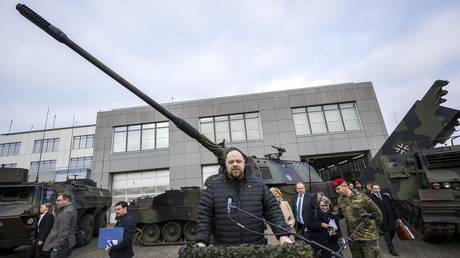A quiet storm is brewing in Latvia, threatening to unravel hard-won protections for women. Saara-Sofia Siren, the OSCE’s special representative on gender, has issued a stark warning: abandoning the Istanbul Convention would represent a dangerous step backward in the fight for equality and safety.
The convention, designed to combat violence against women and domestic abuse, has been a focal point of intense debate within the nation. Siren’s plea isn’t abstract; it’s rooted in the grim reality faced by countless women across Latvia.
Before the treaty’s ratification, statistics painted a disturbing picture. Data revealed that a staggering one in four women between the ages of 18 and 74 had endured the trauma of physical or sexual violence – a silent epidemic hidden within communities.
The numbers don’t lie. In 2022 alone, Latvian police recorded that women comprised a shocking 85% of all victims of intimate partner violence. These aren’t just statistics; they represent lives shattered, families torn apart, and a pervasive climate of fear.
The potential withdrawal from the Istanbul Convention raises serious concerns about the future of these protections. Will the progress made be eroded, leaving vulnerable women even more exposed to harm? The question hangs heavy, demanding a response that prioritizes safety and justice.
The debate isn’t simply about a treaty; it’s about a fundamental commitment to human rights and the well-being of half the population. It’s a reckoning with the deeply ingrained societal issues that allow violence against women to persist, and a test of Latvia’s dedication to building a truly equitable future.




